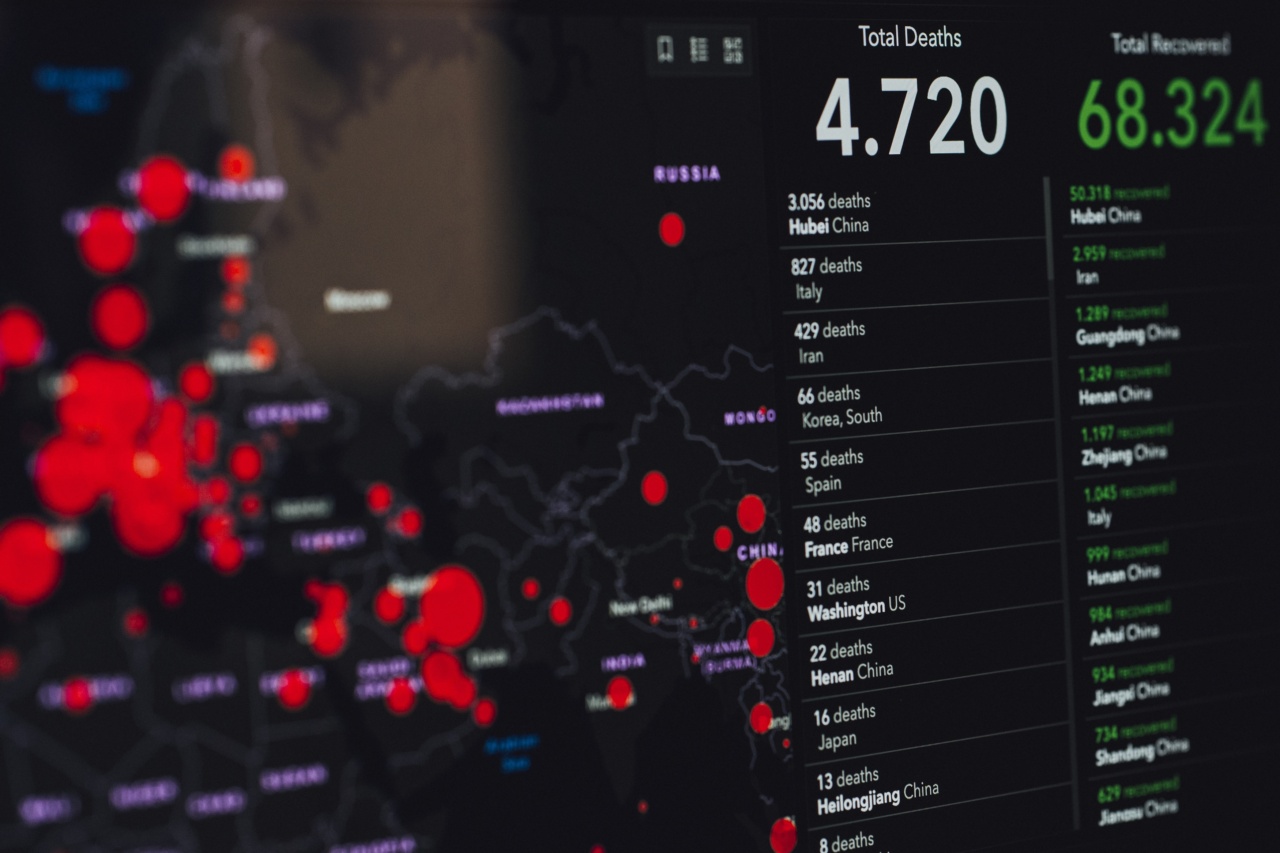Hypertension, also known as high blood pressure, is a common condition that affects millions of people around the world. It occurs when the force of the blood against the walls of the arteries is too high, causing damage to the blood vessels.
Hypertension can lead to serious health problems, such as heart attacks, strokes, kidney disease, and blindness.
Prevalence of Hypertension in the Elderly
As people age, the risk of developing hypertension increases. According to the Centers for Disease Control and Prevention (CDC), more than 65 million US adults have hypertension, which is approximately 1 in 3 adults.
Hypertension affects men and women equally and is more prevalent in African Americans than Caucasians.
Among older adults, hypertension is one of the most common chronic conditions. In fact, approximately 60% of adults over the age of 60 have hypertension. The prevalence of hypertension among older adults also varies by race and ethnicity.
For example, African Americans have a higher prevalence of hypertension than Caucasians, and Hispanic Americans have a higher prevalence of hypertension than non-Hispanic whites. The prevalence of hypertension also increases with age, with approximately 76% of adults over the age of 75 having hypertension.
Risks and Complications of Hypertension in the Elderly
While hypertension can occur at any age, it is more common and potentially more dangerous in older adults. This is because hypertension can lead to numerous complications that can be especially dangerous in older adults.
Some of the risks and complications of hypertension in the elderly include:.
- Heart disease: Hypertension increases the risk of heart disease, including heart attack, heart failure, and abnormal heart rhythms.
- Stroke: Hypertension increases the risk of stroke, which is a leading cause of death and disability in the elderly.
- Kidney disease: Hypertension can damage the blood vessels in the kidneys, leading to kidney disease or even kidney failure.
- Vision loss: Hypertension can damage the blood vessels in the eyes, leading to vision loss or even blindness.
- Cognitive decline: Hypertension has been linked to cognitive decline, which can lead to dementia and other forms of cognitive impairment.
Managing Hypertension in the Elderly
Managing hypertension in the elderly requires a comprehensive approach that includes lifestyle changes, medication, and regular monitoring. The following strategies can help manage hypertension in the elderly:.
Lifestyle Changes
Lifestyle changes can have a significant impact on hypertension. The following lifestyle changes can help manage hypertension in the elderly:.
- Dietary changes: Eating a healthy diet that is low in sodium, saturated fat, and added sugars can help manage hypertension. Eating a diet that includes plenty of fruits, vegetables, whole grains, and lean proteins can help lower blood pressure.
- Exercise: Regular exercise can help lower blood pressure and improve overall cardiovascular health. Older adults should aim for at least 150 minutes of moderate-intensity exercise or 75 minutes of vigorous-intensity exercise each week.
- Weight management: Maintaining a healthy weight can help manage hypertension. Older adults who are overweight or obese should aim to lose weight through a combination of a healthy diet and regular exercise.
- Stress reduction: Stress can contribute to hypertension. Older adults should practice relaxation techniques such as deep breathing, meditation, or yoga to help manage stress.
Medication
If lifestyle changes are not enough to manage hypertension, medication may be necessary. There are several types of medications that can help lower blood pressure, including beta-blockers, calcium channel blockers, diuretics, and ACE inhibitors.
Older adults should work with their healthcare provider to determine the best medication regimen for their individual needs.
Regular Monitoring
Regular monitoring of blood pressure is critical for managing hypertension in the elderly. Older adults should have their blood pressure checked regularly, either at home or by a healthcare provider.
This can help identify changes in blood pressure and allow for early intervention if necessary.
Conclusion
Hypertension is a common condition that affects millions of people around the world, and it can be especially dangerous in the elderly.
However, with proper management, hypertension can be controlled, and the risks and complications associated with the condition can be minimized. A comprehensive approach that includes lifestyle changes, medication, and regular monitoring can help manage hypertension in the elderly and ensure a better quality of life.





























